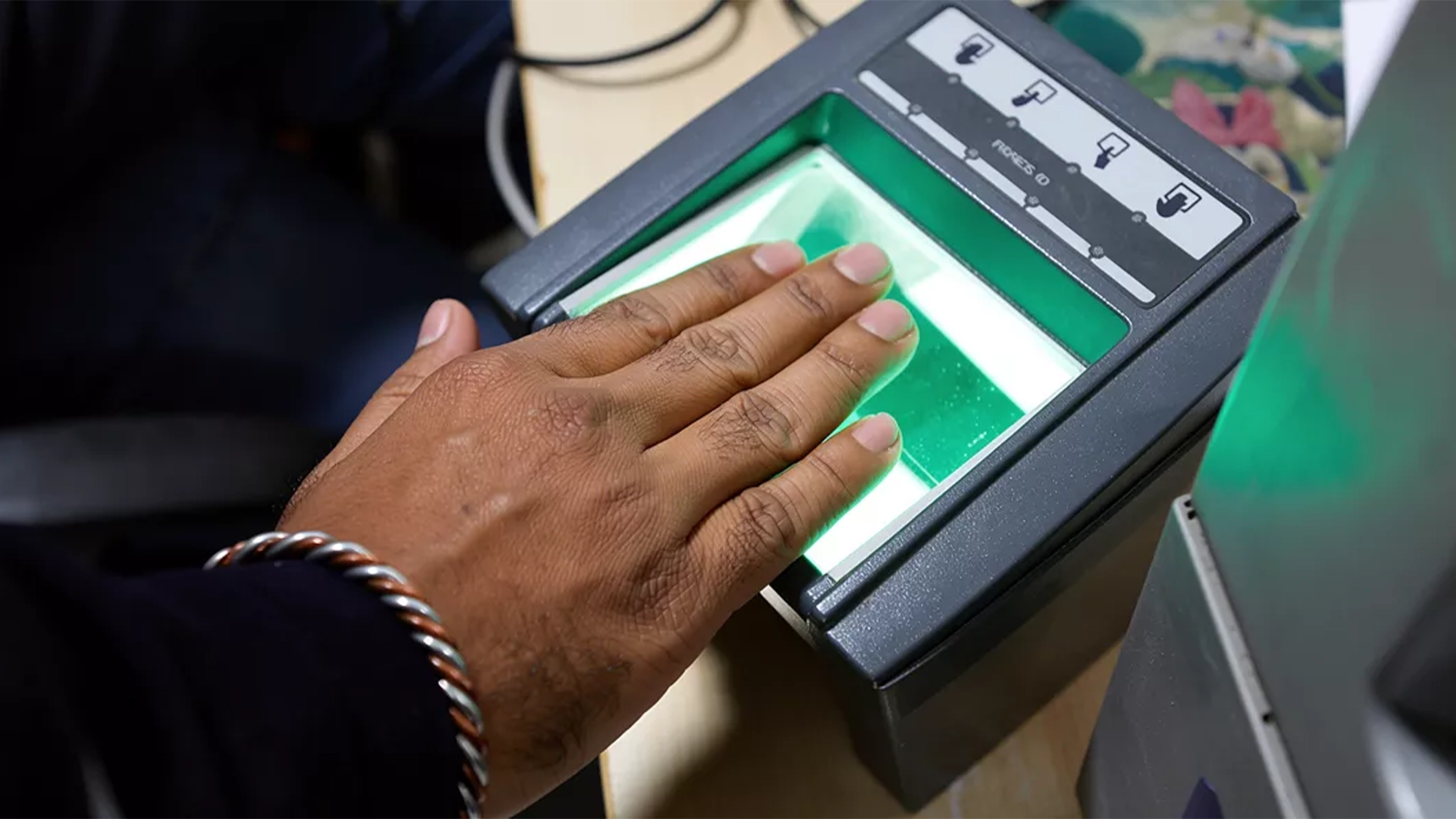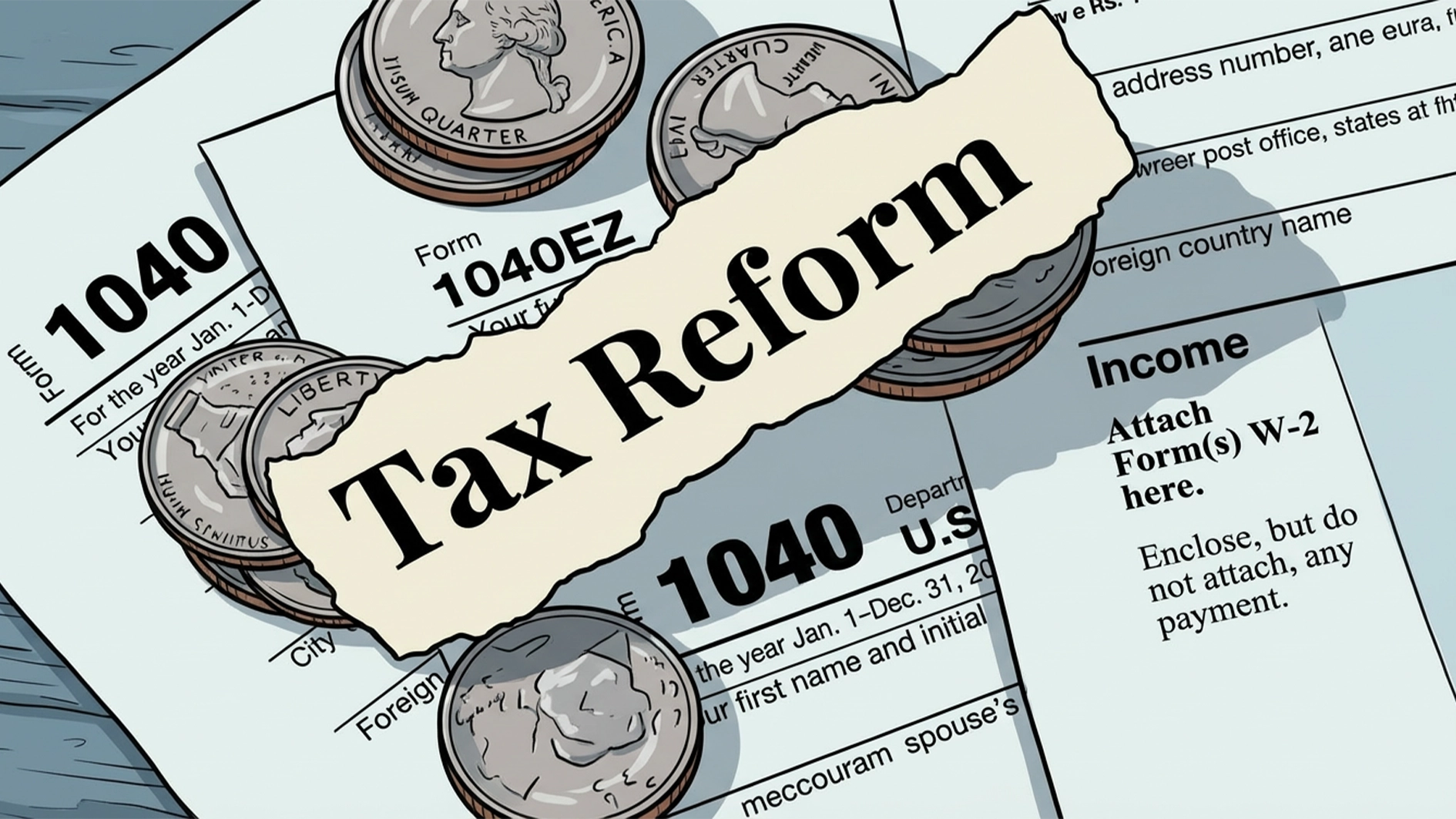
. Operators lament non-payment of N200b USSD debts by DMBs
Telephone service quality, which is currently at a low ebb in the country, may become poorer in the days to come on the account of telecoms operators considering load shedding of services.
Feelers within the industry have shown that operators are devising strategies to survive the current economic challenges faced by businesses in the country and the mix is to load shed some of their operations.
Load shedding is a practice of reducing the number of operational base stations in some areas to cut costs. It is usually a deliberate shutdown of telecoms services in a part or parts, generally to prevent the failure of the entire system when the demand strains the capacity of the system.
While load shedding is not peculiar to Nigeria, the implication of this is that telephony services become poorer and to some extent, some areas mapped out for new deployment of telecoms infrastructure may not eventually materialise, thereby further widening the access gaps in the country.
Load-shedding would likely result in reduced network coverage, slower Internet speeds, and an increase in dropped calls. This will affect financial transactions, and navigational services, among others.
Given this danger, subscribers have beckoned on the telcos to exercise restraint in their move to load shedding.
Speaking with The Guardian, the President, National Association of Telecoms Subscribers of Nigeria (NATCOMs), Chief Deolu Ogunbanjo, appealed to telcos not to commence any load shedding now.
Ogunbanjo noted that it means services will not be served adequately well, “meaning that for example if Lagos is having service, some other parts of the country may not have it or have it sparingly. Subscribers are saying no to load shedding. It will disrupt the economy as 95 per cent of businesses now depend on data, telecoms services to operate.”
The NATCOMs boss appealed to the Nigerian Communications Commission (NCC) to rein in the operators and prevent such a move.
According to him, apart from subscribers suffering, the economy will also suffer as contributions of the telecoms sector to the Gross Domestic Product (GDP) will drop.
Ogunbanjo however, urged the Federal Government to allow a marginal increase in the cost of telephony service by the operators.
“A marginal rise in tariff hike won’t kill; the NCC should look into that. They should prevent load shedding,” he stressed.
Indeed, in the last one and a half years, telecoms operators in the country have been lamenting the surge in operational expenses, stressing that it has become difficult to keep up with the costs of running their operations. To mitigate the challenges, they asked for a tariff hike, stressing that the last price adjustment was done 11 years ago.
Painfully, the Federal Government has said no to tariff increase, rather the Minister of Communications, Innovation and Digital Economy, Dr Bosun Tijani, said operators should become more innovative in tackling the challenges bedeviling the sector.
The Chairman, Association of Licensed Telecoms Operators of Nigeria (ALTON), Gbenga Adebayo, said members are drowning in taxes, among other challenges.
Adebayo said telcos face over 50 different forms of taxes and levies, especially from state governments and their agents.
While those issues remained, the ALTON chief said telecoms operators are dealing with unpaid debts from various clients and new rental charges for their infrastructure.
He stressed that the banks still owed telcos over N200 billion in the use of Unstructured Supplementary Service Data (USSD) for over five years now.
He said these financial obligations are adding up and making it nearly impossible for them to cover their costs without making some tough choices.
He decried the rise in vandalism and incessant fibre cuts, stressing that energy costs have risen beyond a reasonable level in the two years.
Indeed, checks showed that keeping cell sites running isn’t cheap.
According to telecoms expert, Kehinde Aluko, with the unreliable power supply in Nigeria, these companies spend a fortune on diesel to keep generators running.
“They were promised 18 hours of daily power when telecoms started in 2001, but reality has been a far cry from that. On average, they get only 8-10 hours of power daily, meaning they’ve had to fill the gap with costly alternatives,” he stated.






